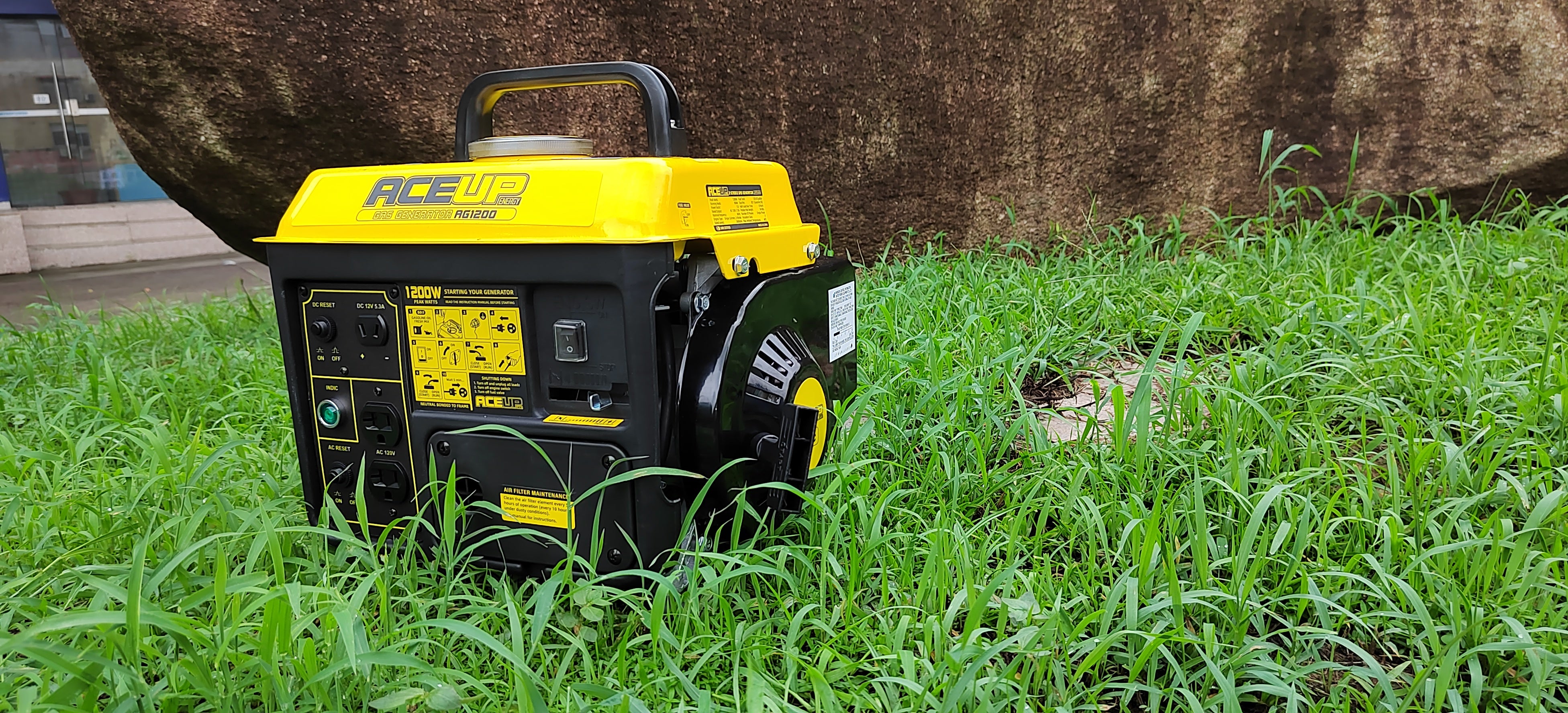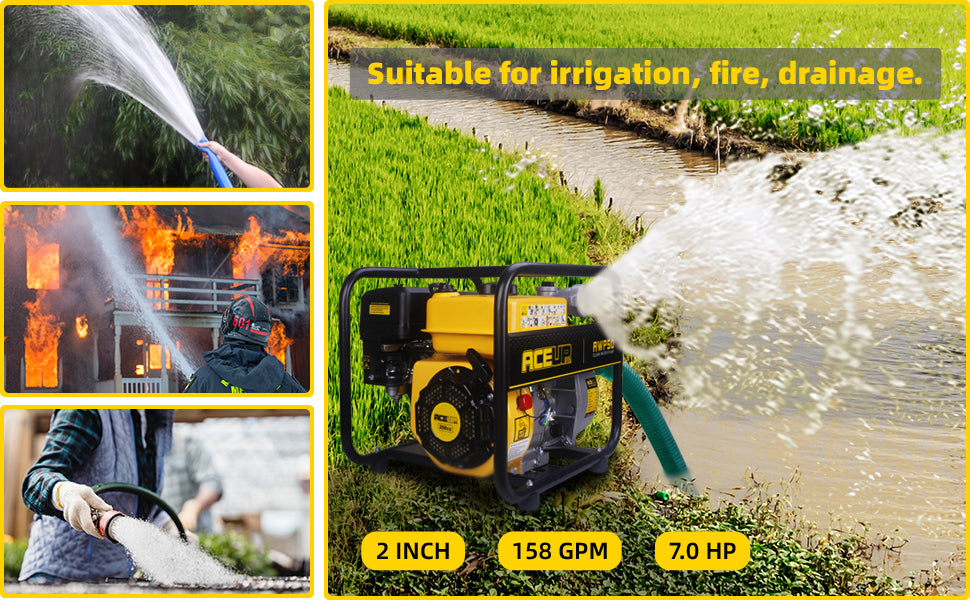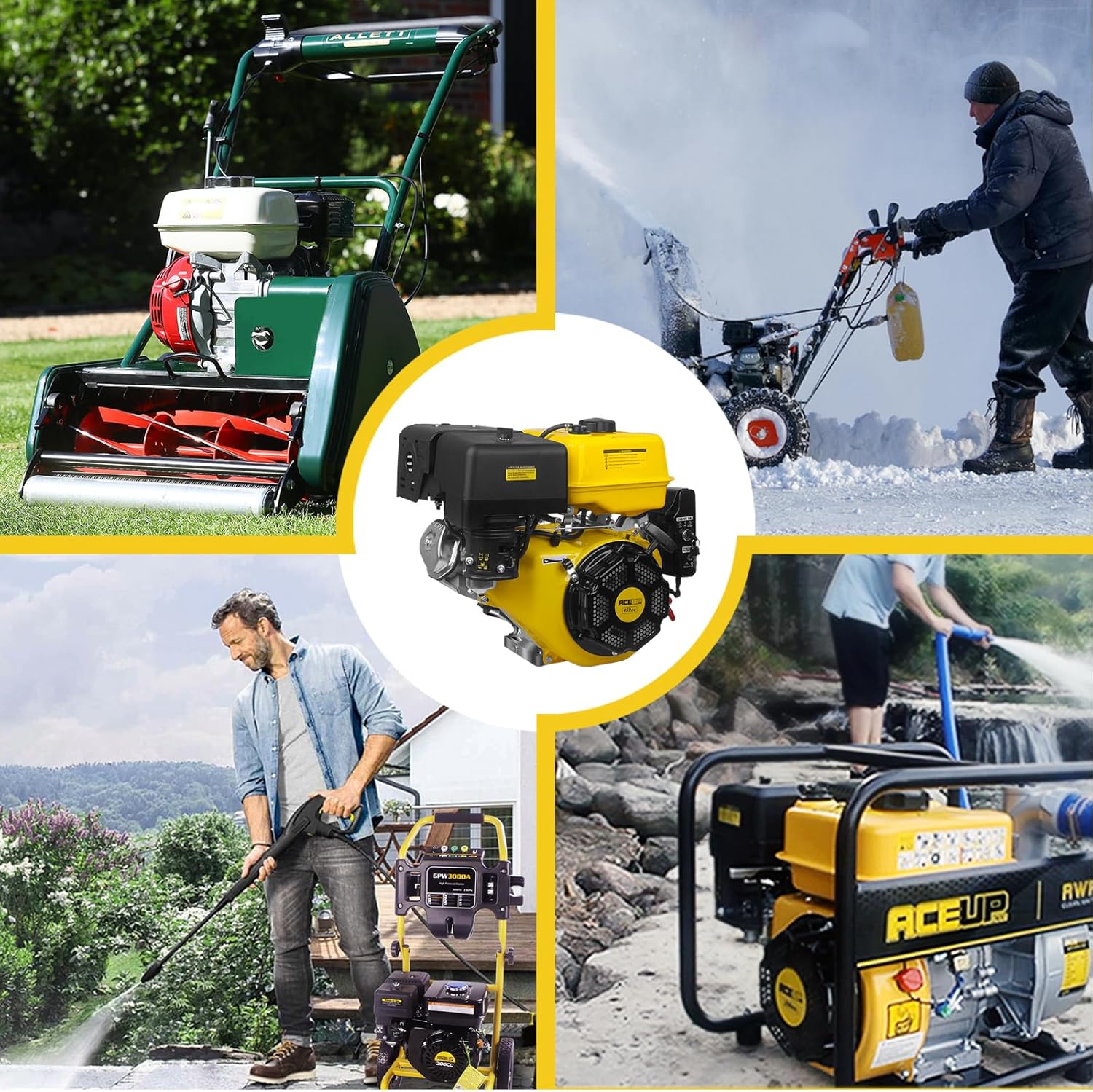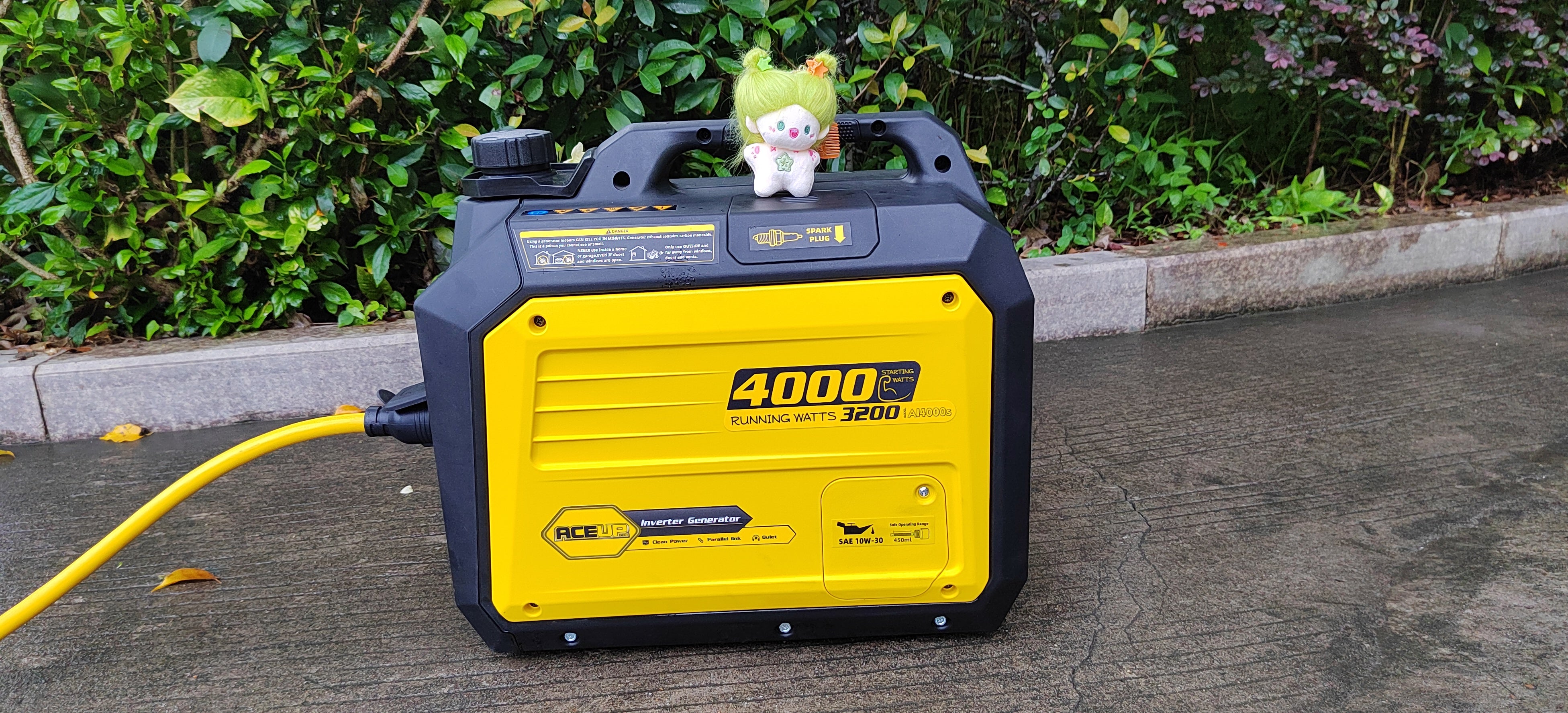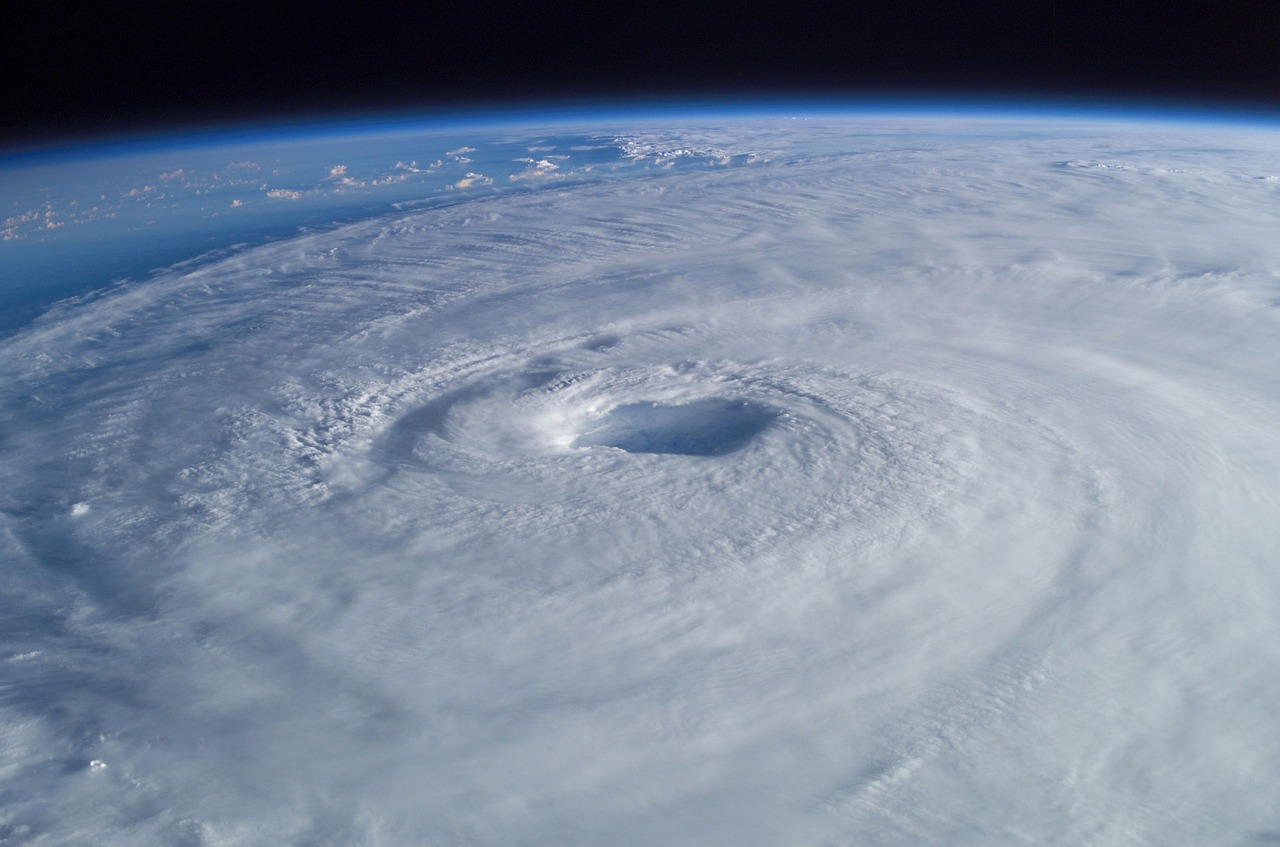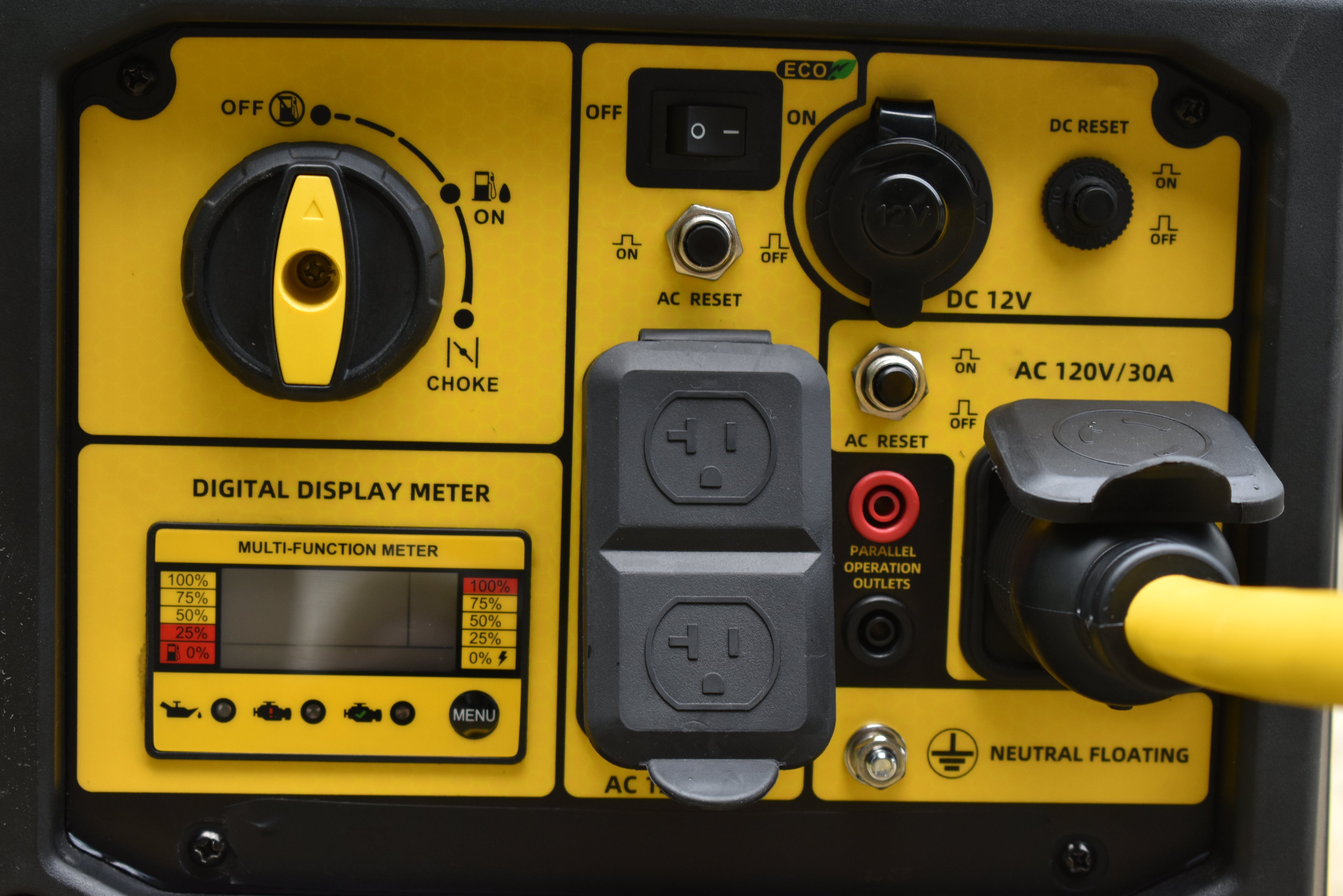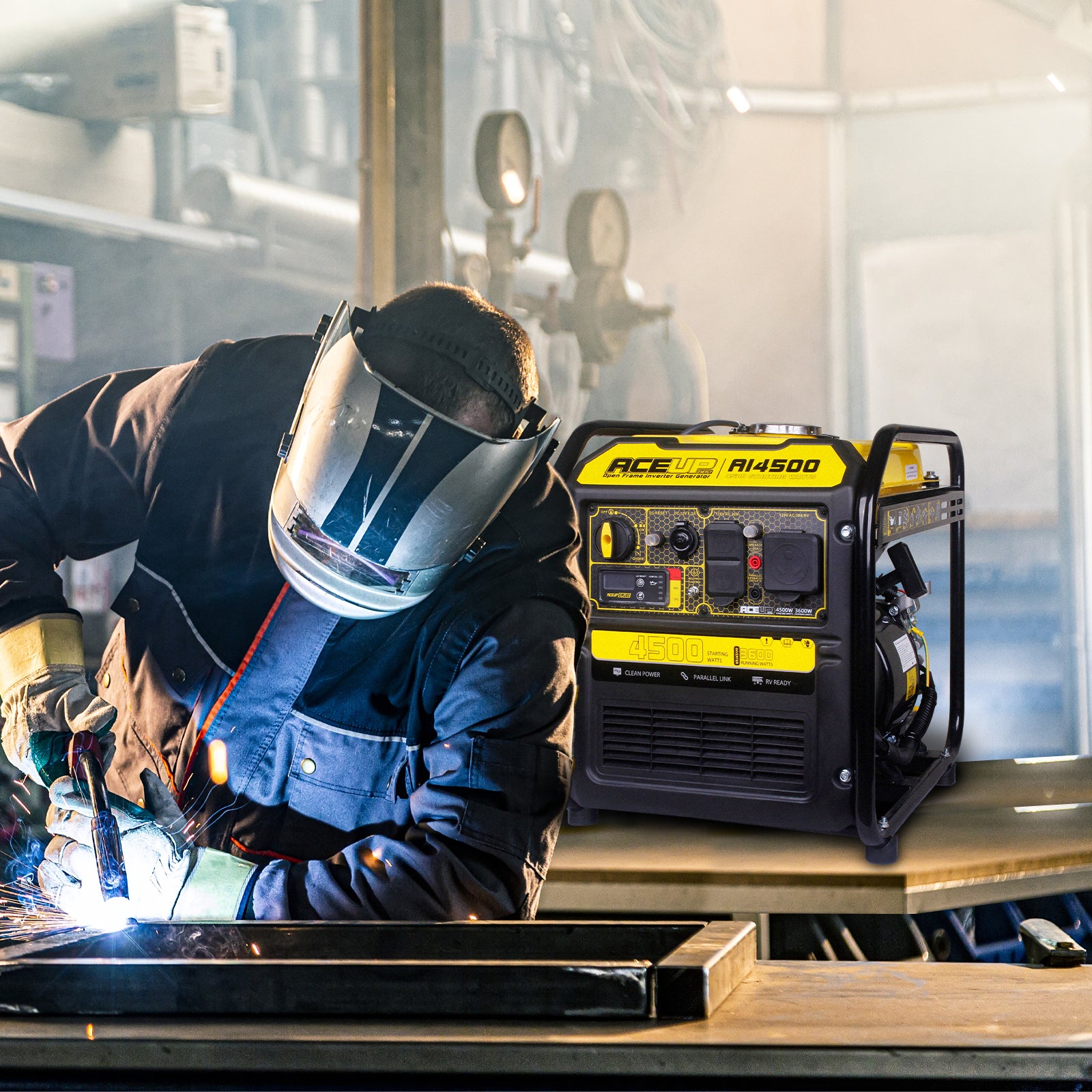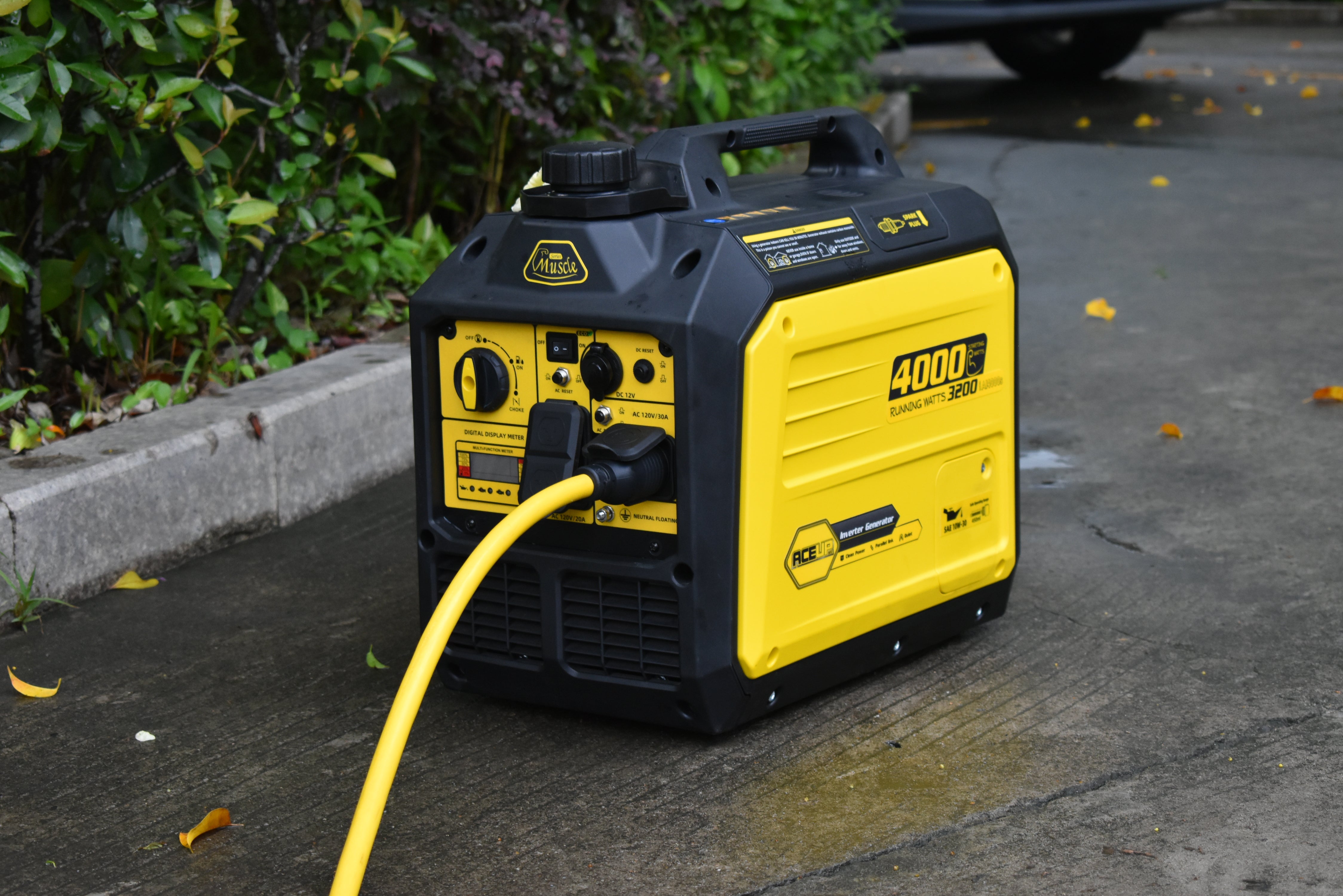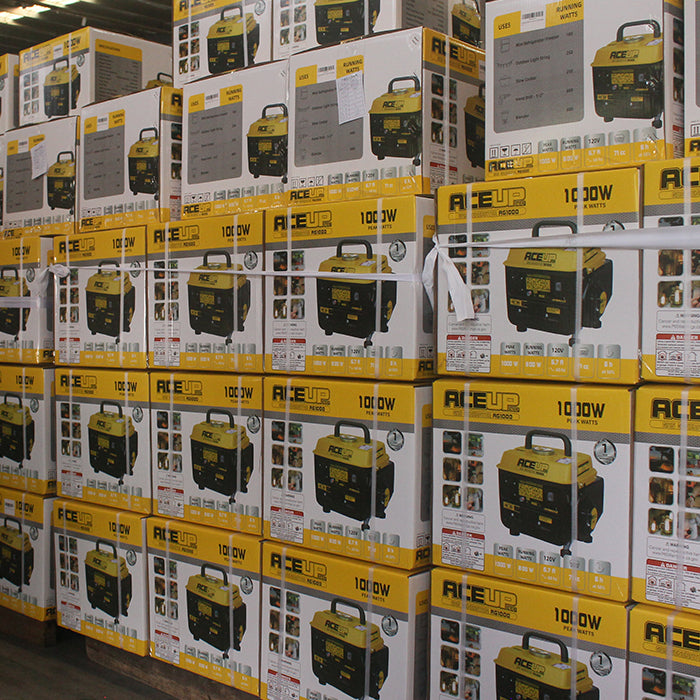
Generator Buying Guide
You don't want to spend too much on electricity beyond your capacity, nor do you want to purchase generators that cannot provide the necessary power when you need it the most. To help you explore the hidden world of personal power generation, we have developed this generator purchasing guide to help you evaluate your needs and better evaluate your choices.
In this article, we will explore: Why do we need a generator / Generator type / Fuel type of generator / How much power generator do I need / Safety precautions for using generators
Why do we need a generator?
Whether you are a homeowner preparing for a potential power outage or need to power your devices while camping, RVing, and tailgating, having a generator on hand is crucial. When power is outage, generators can help you run the equipment you need the most, and some can even power the entire house.
When you are not connected to the power grid, the generator can provide power to equipment and appliances. During natural disasters such as hurricanes and blizzards or any power outages, generators are important safety equipment. Having a household generator will allow you to continue using lighting, important appliances, basic medical equipment, and home heating. If you live in an area with frequent but brief power outages, generators can alleviate inconvenience and ensure that your day is not interrupted by unexpected power outages.
Small portable generators can also be used to power RVs, ships, and workshops without wires. During activities such as rear-end parties and camping, you may need to power or charge small appliances, so please carry a portable generator with you.
Generators can be divided into three types: Whole House Generator, Portable Generators, and Inverter Generators.
Whole House Generator
Whenever you are separated from the power grid, the whole house generator or home backup generator will provide power to your home's systems and appliances.
These devices have the highest cost and should be installed by professionals (thus considering labor costs). Experienced electricians can help obtain urban or municipal permits, noise restrictions, and appropriate locations.
Obtain automatic emergency backup power within a few seconds after a power outage.
The whole house generator provides power outage protection 24 hours a day, 7 days a week, and is permanently installed.
You can use existing fuel supplies, such as natural gas or liquid propane, to operate the machine.
The whole house generator is flexible enough to power your entire home or only a few designated circuits.
Portable Generators
Portable generators can be used in any open space and are perfect for carrying during camping, hiking, or RV trips, as you only need to power some devices. Portable generators come in various powers, with larger models having greater power than smaller ones.
Portable generators typically use gas, and the cost of these devices is often lower than that of Whole House Generator, but there are fewer devices that can provide power.
If it rains, please use a canopy designed for your specific model to cover your generator.
Inverter Generators
An inverter generator is a type of portable generator that adapts to the power demand placed on it by throttling up and down. It utilizes sophisticated exhaust systems to run at a low noise level and is highly fuel efficient.Known for their lower noise levels, quiet inverter generators are lightweight and easy to transport.
An inverter generator is similar to a portable generator in that it's smaller and easier to transport. But inverter generators tend to be even lighter than a standard portable generator. They are also quieter, which can make them suitable for a wider range of activities, including camping and other activities.
They also have an engine connected to an alternator to produce AC power and convert it to DC power. DC power can be stored, which makes an inverter one of the best types of generators for traveling in an RV, tailgating, camping or boating.When you buy an inverter generator, you're really paying a little more for a device that's quieter and compact.
Generator Fuel Types
Generators can run on gasoline, propane, natural gas, diesel or solar energy.
Gasoline
Gasoline generators are the most common fuel source among portable generators and a good choice for portable generators. When running a gas generator, it is important to ensure that you have prepared the gas in advance, while also remembering that it has a shelf life, is properly stored in an airtight container, and can last for 3-6 months. If stored properly and used in combination with a fuel stabilizer, it can be used for up to 3 years. But it should be noted that gasoline generators can only be used outdoors.
Propane
Propane contains liquid propane and vapor propane, which do not deteriorate and can be stored for a long time. It is a clean fuel combustion source and is commonly used in backup generators. Some portable generators also use propane as a backup fuel source or connect through propane tanks. Propane is a cost-effective fuel choice, but its efficiency and power are not as good as other fuel sources. And it cannot be used indoors.
Natural Gas
Natural gas is specifically used for Whole House Generator, making it the most cost-effective and easily obtainable fuel for household backup generators. The benefit of natural gas is that it can provide almost unlimited sources of fuel, which means you don't have to worry about running out of natural gas, diesel, or propane. But the energy efficiency per gallon is lower than that of diesel, gasoline, and propane.
Diesel
Diesel is another popular choice for portable generators, which can be stored for longer periods of time than gasoline. Diesel is reliable and readily available, making it a good choice for household backup generators or commercial generators. Diesel has a lower fire hazard than natural gas and performs best when used for long periods of time in large-scale work, making it more commonly used in industrial generators. Diesel fuel can last for 6 months to 1 year when stored properly without adding stabilizers.
Solar
Solar Generator is a clean and renewable energy source. More solar panels can be installed to increase power output. Solar generators can operate safely indoors because there are no emissions. Solar generators rely on the sun to obtain energy, so they are not always reliable in emergency situations.
And the output power of solar generators is lower than that of other types of generators.
How Much Generator Power Do You Need?
The following data is for reference only:
| Chain Saw | 1000-1800 |
| Circular Saw | 1200-1600 |
| Drill (depends on size) | 250-1200 |
| String Trimmer | 600-1100 |
| Hedge Clippers | 300-1000 |
| Leaf Blower | 1000-1400 |
| Planer | 300-900 |
| Sanders | 250-1500 |
| Router | 100-1500 |
| Shop Vacuum | 700-1400 |
| Paint Sprayer | 500-1000 |
| Miter Saw | 500-1000 |
| Lights | 250 |
| Fan | 100 |
| Space Heater | 1500 |
| Hot Plate | 1200 |
| Crock Pot | 1200 |
| Television | 250 |
Safety precautions for using generators
Although generators are useful in power outages, natural disasters, or for supplying power to remote areas, they also need to be handled correctly to avoid any harm or damage. The things to keep in mind include:
1.Purchase a generator that fits the size you need.
2.Keep the generator away from water.
3.Be sure to use suitable extension cords.
4.Do not operate the generator in a closed space as it produces harmful carbon monoxide.
5.Some fuels may pose safety risks during storage, and generator emissions may be toxic.
6.Please ensure that the type of generator you have selected meets the EPA standards in your region.
Previous post
What are the differences between an inverter generator and a conventional generator?
Next post

